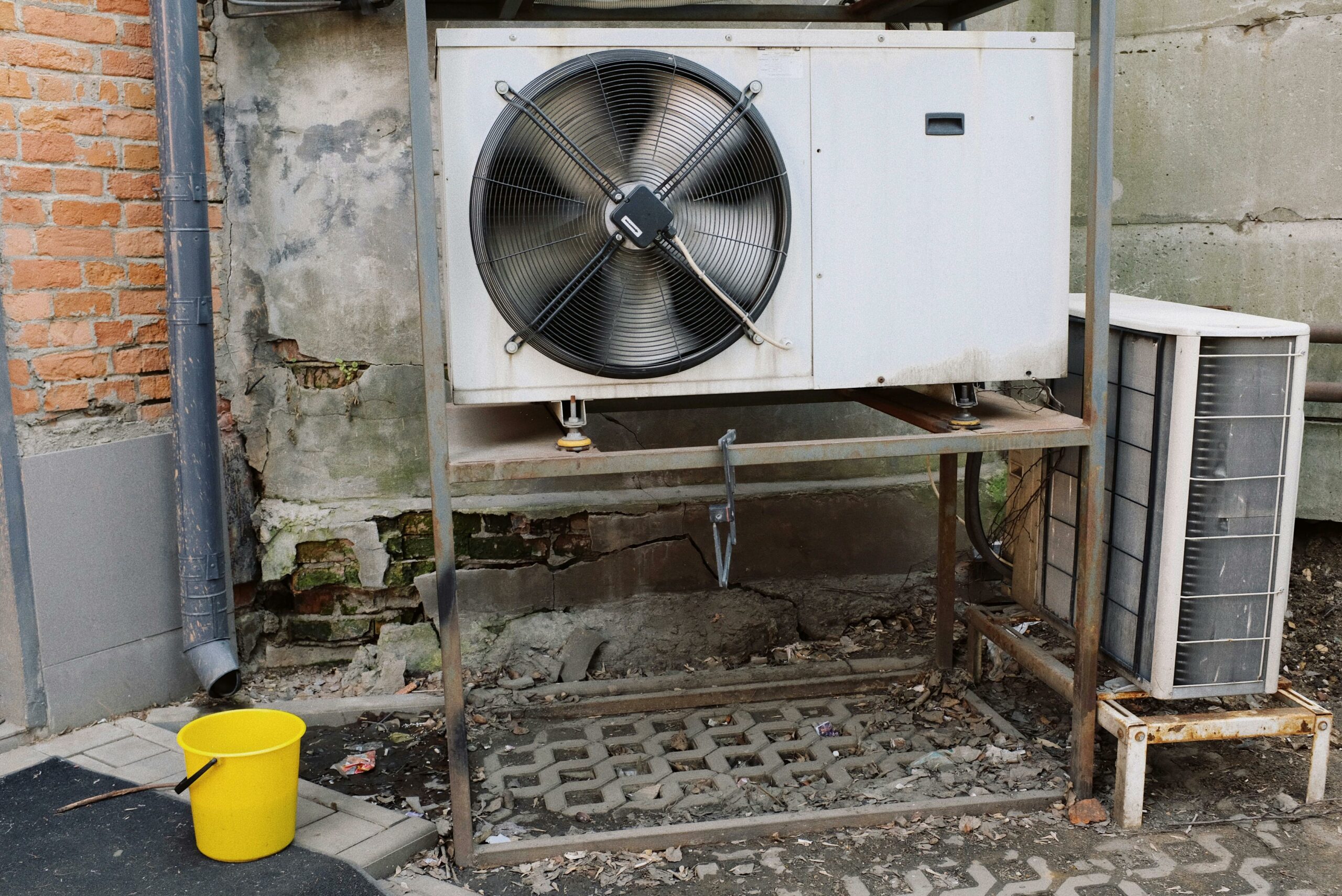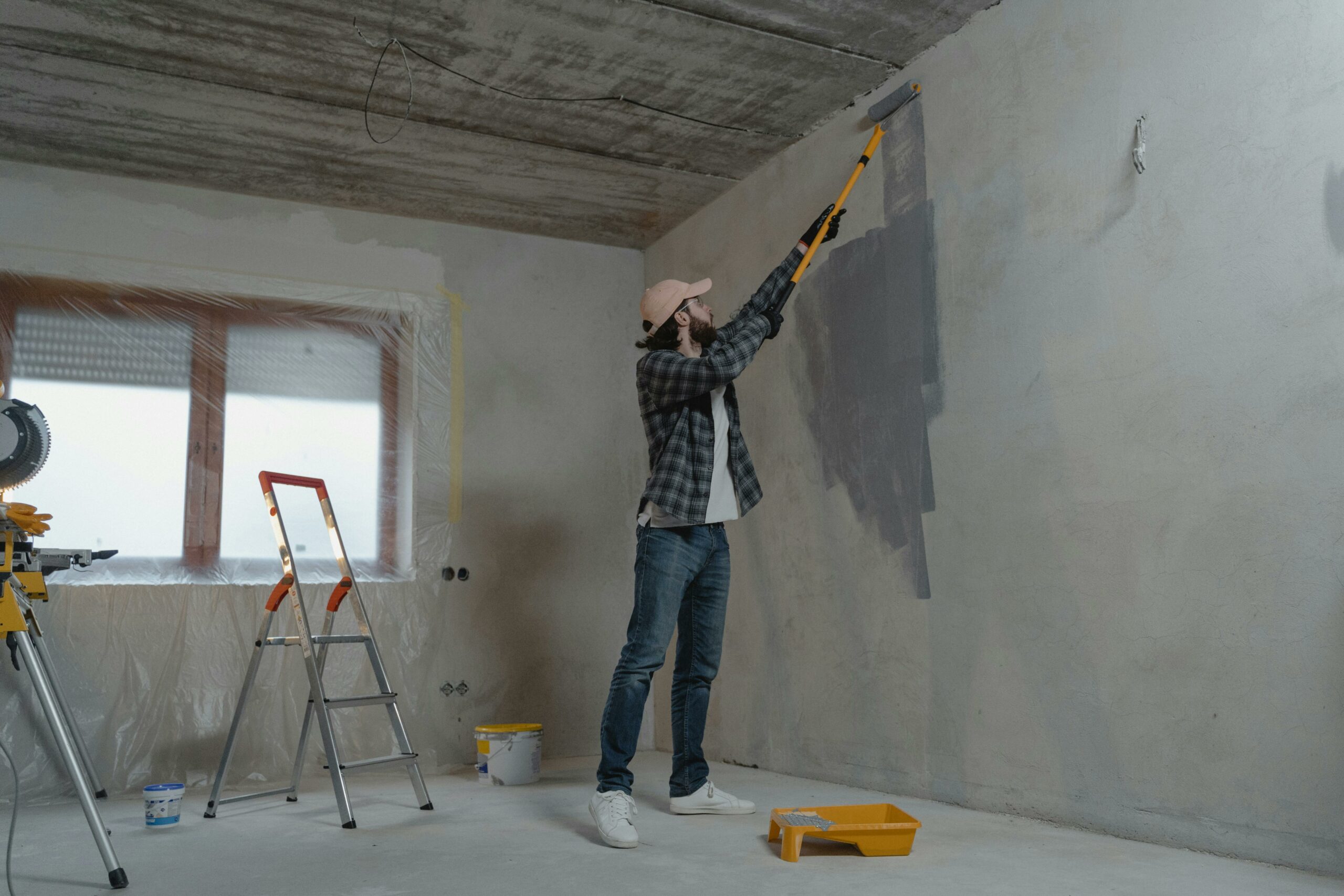The following contribution is from another author.
Owning a commercial pool can be a thriving part of your business, especially when you enlist the right pool cleaning service to keep it debris-free. Whether you operate a hotel, community center, or wellness center, customers have a much better experience when swimming in a pool that is clear and clean. A great experience may even lead them to visit your business more frequently.
A debris-free pool also helps you to avoid having to close your pool for costly maintenance. No one likes anticipating a swim only to be greeted with a sign that says your pool is unusable. A clean, well-maintained pool can stay up and running as much as possible, giving you a better return on your investment. Sounds good, right?
If you’re wondering how you can keep your pool debris-free all year, you’ll benefit from a little more pool knowledge. Here are five helpful tips to keep your pool in tip-top shape:
1. Clean the Pool Often
It may sound like a no-brainer but one of the best ways to keep your pool debris-free is to clean it often. Don’t wait until it’s in a state of disarray or you receive a complaint from someone using it to clean the pool. Your staff members’ time is valuable, and it may seem economical to hold off on cleaning until the pool is noticeably dirty, but this could affect your bottom line. A dirty pool can be a real turn-off for customers. Plus, debris buildup can lead to damaged equipment and a need for expensive repairs. It could also mean you need to shut down the pool, disappointing patrons further. Your best bet is to complete basic pool cleaning tasks on a daily basis.
Taking out debris as soon as you see it is a good place to start. When a few leaves fall in the pool, have someone retrieve them that same day. Empty the skimmer daily as well. Vacuum the pool weekly to help the sides and bottom stay clean. When you don’t give debris the chance to accumulate, it typically doesn’t.
2. Install an Efficient Filtration System
When your pool is installed, it’s vital that you have an effective filtration system installed along with it. Filters remove dirt and other impurities that find their way into your pool and help keep the water pristine without the need for constant manual cleaning. Proper filtration can also help to minimize extra chemical maintenance. The filtration system is one of the most important pieces of pool equipment you will own, and you’ll want to treat it as such.
Once you have the right system installed, it needs to be properly maintained. Regularly checking and cleaning the filtration system will help prevent it from becoming clogged. A clogged filter can lead to more debris entering your pool, create sanitation issues, and potentially damage other pool equipment.
3. Test Pool Water
Testing the chemical balance of the water and adjusting as necessary is another way to keep your pool debris-free. Proper pH levels affect the overall health of your pool and how well it’s able to fight off any potential hazards, including certain bacteria. A pH level of 7.2 to 7.8 is ideal, and maintaining that level is important. If the pH is too high or too low, it’ll cause issues for swimmers. Algae will also build up in your pool when it isn’t properly chemically balanced. Algal growth, while not necessarily hazardous, is one of the most off-putting types of debris found in pools and might send your patrons looking for another, cleaner facility.
Pool water should be tested daily to ensure the pH balance is both safe for swimmers and to keep the water free of bacteria and algae. You should do this in the morning each day before the pool opens to the public.
4. Properly Winterize Your Pool
If you live in an area where your commercial pool isn’t used during colder seasons, it’s important you take steps to properly winterize your pool during that time. It can be tempting to let your pool brave the elements and resolve to deal with any issues in the spring, but that can lead to devastating results. An unattended, un-winterized pool can be a magnet for debris, algae, and even pests and rodents. So it’s best to protect your investment by taking steps to winterize your pool.
One of the simplest steps you can take to winterize your pool is investing in a proper pool cover. This can help keep out most debris while also protecting the pool’s sensitive equipment and overall structure. You can also take this time to chlorinate it properly one last time. For the best winterization techniques, contact a local pool cleaning service, such as Strong Refuge Pool in Washington State, to perform the work. As professionals, they can get the job done properly, minimizing potential problems when warmer weather returns.
5. Drain Your Commercial Pool
Some pool maintenance tasks, such as draining your commercial pool, don’t need to happen as frequently as others. Still, that doesn’t make them any less important. Draining your pool helps allows you to target debris on both the surface and the floor level, and many businesses opt to drain their pools at least a few times a year. Draining can also be helpful in correcting pH levels without overusing an abundance of chemicals.
Enlist the help of a professional pool cleaning service to drain your pool while conserving as much water as possible. Most pools can benefit from a fresh reset, and draining your pool is one of the easiest ways to do so.
If deep cleaning isn’t your specialty and you don’t want to take on the task you can always hire a professional pool cleaning service to help you out with those tasks. Professional pool cleaners provide regular cleaning services and can assist you in balancing out the chemicals in your pool. Hiring out is a way to ensure these tasks are being done correctly so that your guests can continue using your pool and have a positive experience.























